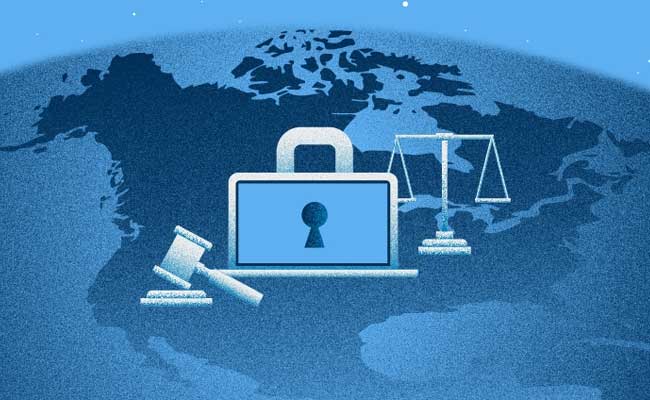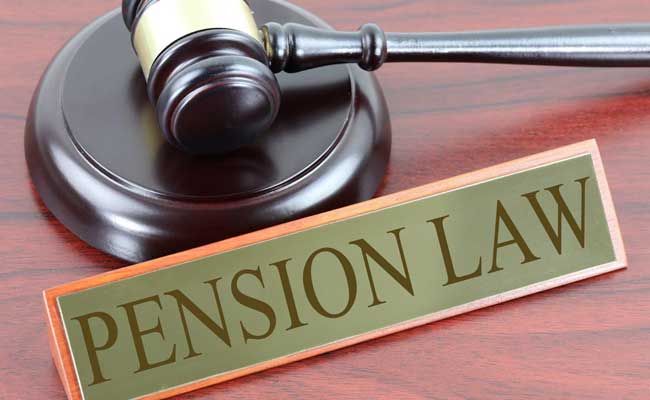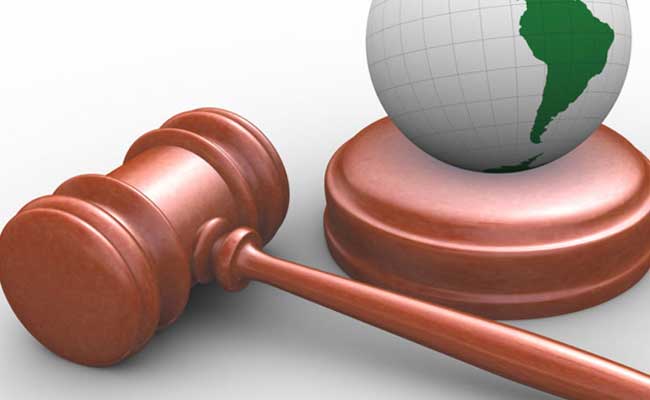Privacy and Data Protection Law: Protecting Personal Information in the Digital Age
In today’s interconnected world, personal information has become a valuable commodity. Companies and organizations collect and use data to provide personalized services, targeted advertisements, and to make informed business decisions. However, the collection and use of personal data can also pose risks to privacy, security, and civil liberties. To address these concerns, countries around the world have enacted privacy and data protection laws. In this article, we will discuss the importance of privacy and data protection, key components of these laws, and the challenges of enforcing them.
What is Privacy and Data Protection?
Privacy refers to an individual’s right to control access to their personal information. It includes the right to know what information is being collected, how it is being used, and who has access to it. Data protection refers to the legal framework that governs the collection, processing, storage, and use of personal data. This includes laws that regulate the collection of data, requirements for data accuracy, the right to access and correct personal data, and the need for consent before data is collected.
Privacy and data protection laws are designed to protect the privacy and security of personal information, prevent misuse of data, and ensure that individuals have control over their personal data. These laws apply to businesses, organizations, and government agencies that collect and use personal data.
Key Components of Privacy and Data Protection Laws
Privacy and data protection laws typically contain several key components that are designed to protect personal information. These include:
- Data Collection: These laws require that organizations only collect personal data that is necessary for the purposes of their business. Organizations must also obtain consent from individuals before collecting their data.
- Data Processing: Data protection laws require that personal data is processed fairly and lawfully. This means that organizations must be transparent about how they use personal data, and individuals have the right to know what information is being processed about them.
- Data Storage: Organizations must store personal data securely and must take measures to prevent unauthorized access or disclosure of personal data.
- Data Retention: Personal data should not be retained longer than necessary. Organizations must have a policy in place for how long they will keep personal data, and they must delete it when it is no longer necessary.
- Data Transfer: Organizations must ensure that personal data is transferred securely and only to countries that have adequate data protection laws.
Enforcing Privacy and Data Protection Laws
Enforcing privacy and data protection laws can be challenging. These laws are often complex, and organizations may not be aware of their obligations. Additionally, the collection and use of personal data can be difficult to monitor.
To enforce privacy and data protection laws, regulatory agencies are responsible for investigating complaints, conducting audits, and imposing fines or penalties for violations. In some cases, individuals may also have the right to take legal action against organizations that violate their privacy rights.
Challenges to Privacy and Data Protection
Despite the importance of privacy and data protection laws, there are several challenges that need to be addressed. One of the main challenges is the rapid pace of technological change. As new technologies are developed, new privacy risks emerge, and existing laws may become outdated.
Another challenge is the global nature of data collection and processing. Organizations may collect data from individuals around the world, and it can be difficult to ensure that all data protection laws are being followed. Additionally, some countries may have weaker data protection laws, which can make it easier for organizations to exploit personal data.
Finally, there is a lack of awareness among individuals about their privacy rights. Many people do not understand the risks associated with sharing personal information online, and they may not be aware of their rights under data protection laws.
Conclusion
Privacy and data protection laws are essential to protecting personal information in the digital age.
![]()






2 thoughts on “Privacy and Data Protection Law”